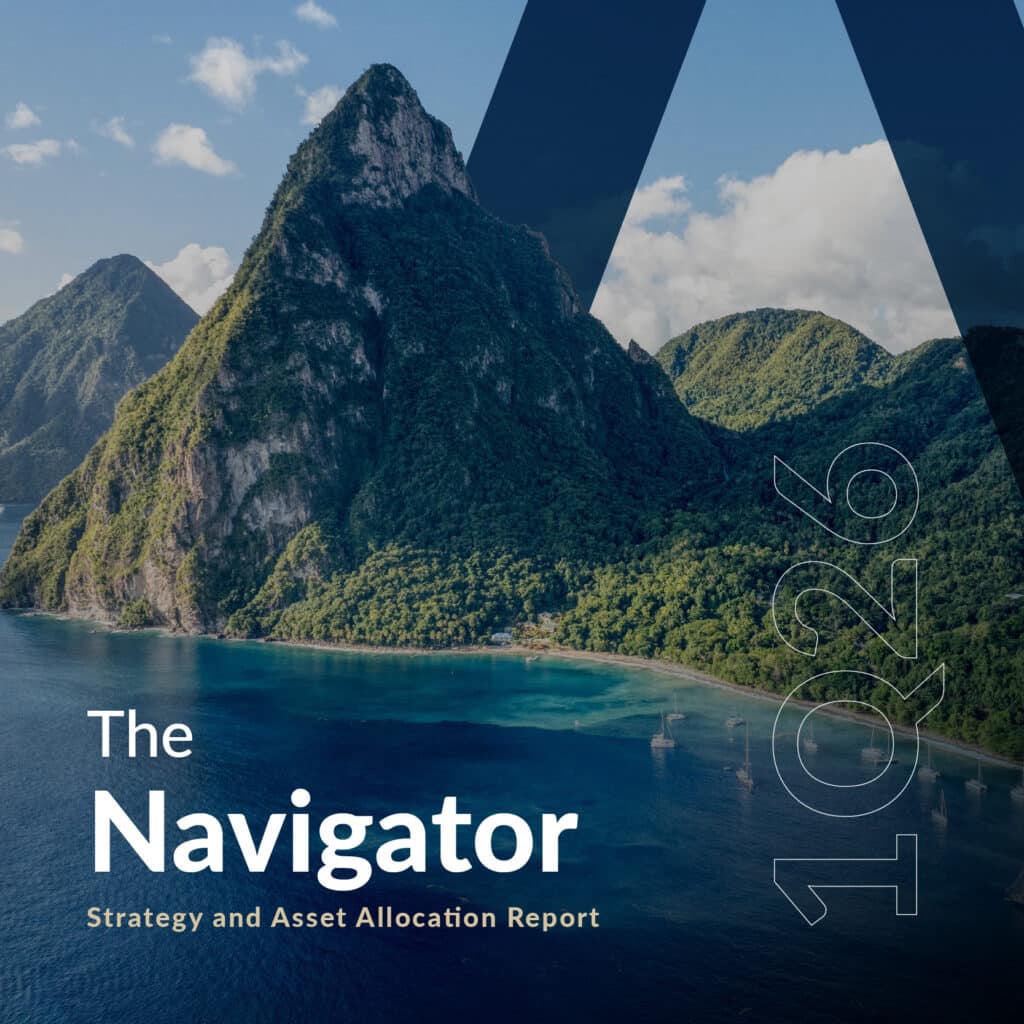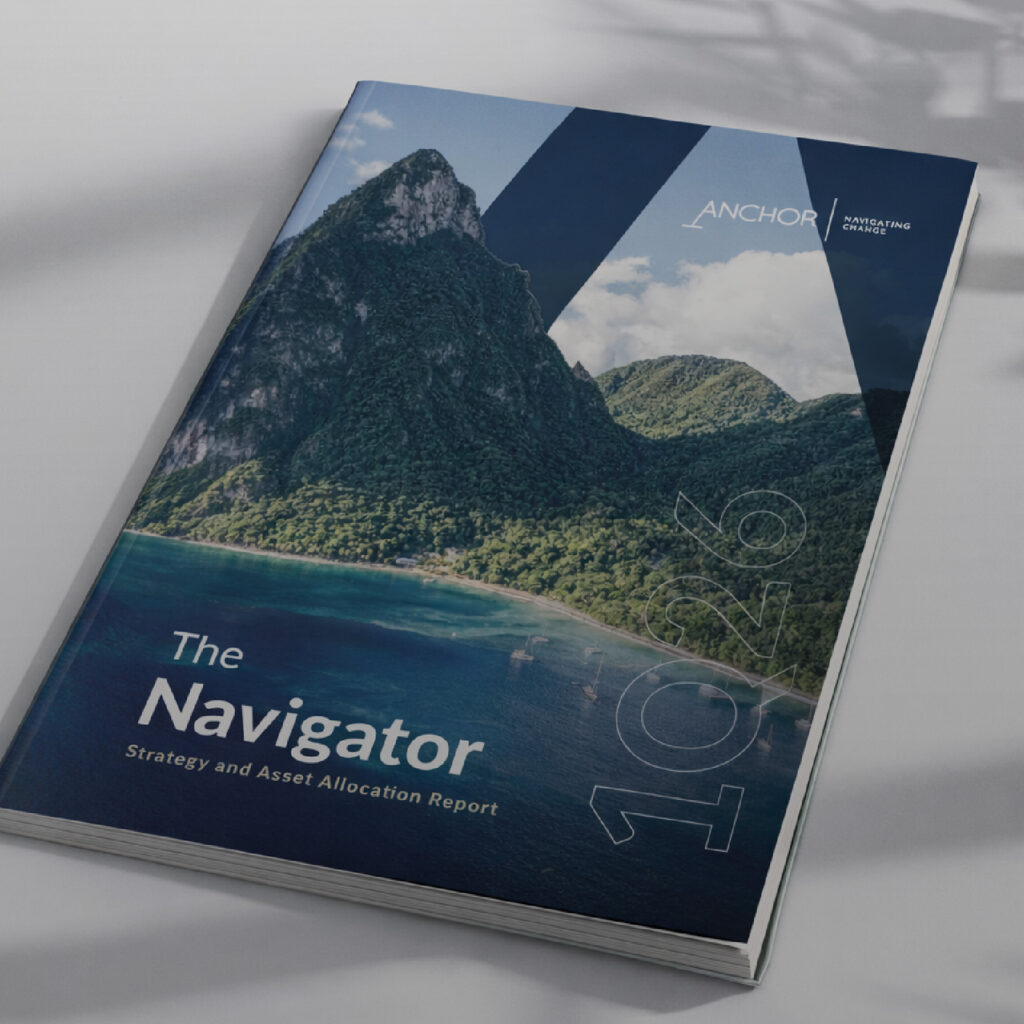In 1987, the band R.E.M. came out with this song and, as a carefree student at the time, I would merrily belt out the lyrics … “It’s the end of the world as we know it, and I feel fine.”
We started the new decade in 2011 on the ultimate high, having hosted Africa’s first and a phenomenally successful 2010 FIFA World Cup. Yes, there were concerns about ex-president Jacob Zuma and his somewhat chequered past and apparent alternative agendas, but that aside, we were the Rainbow Nation and we had only just started to show our true potential to the world. Sadly, for SA it was downhill from there.
Fast forward to 2019 and even the most ardent pessimists were astounded by how much further Zuma- era corruption and maladministration had eclipsed even the bleakest of expectations. A trail of destruction ran through every facet of our beloved country, leaving our economy in tatters. Never had the lyrics of that same R.E.M. song seemed so poignant. It really was the end of the (South African) dream as we knew it, but this time I felt anything but fine.
South Africans breathed a huge collective sigh of relief in May 2019 – happy to see the back of a nine-year administration that had devastated our country and the election of Cyril Ramaphosa as president. Give 20Plenty to us immediately please.
I am not even going to try and sugarcoat what played out in 2020. What more is there to say – if 2010 was the best which that decade had to offer SA, 2020 was the worst.
But before you sink into (possibly deeper) despair, hold on a minute. It is trite, but true, to say that with all major crises, come great opportunities. The major opportunities thus far have been in the global tech companies. What was set to be a 10-year transition to online has become an everyday way of life in less than a year. And those tech companies have made their shareholders extremely happy and wealthy – on paper at least. Amazon, Google, Facebook, Etsy, Alibaba, Tencent, Airbnb, to mention but a few. There is such a strong belief that tech has, and will continue to, change the world for the next 10 years that you can simply ignore the valuation of a tech company – buy the share, and the price will go up.
Furthermore, the attention given to investing in all that is new and shiny has come at the expense of the old economy stalwarts which investors used to consider great investments. Just try and talk to someone about the opportunity to invest in a coal mine today, and you will surely get a rather quizzical look, indicating that you may have lost touch with reality. After all, clean energy is taking over, and coal, and all its dirty associates, will soon have no use in the world.
I agree with these comments, and the sooner this happens the better for our planet and for humanity. However, the world, and certainly SA, will still need coal for at least the next 5 and, possibly even, 10 years. But negative sentiments around these types of old economy stalwart companies have meant that the prices at which investors can buy their shares have become extremely low. So, what am I on about and what is the opportunity? Let us look at two companies on the opposite ends of the spectrum.
TESLA
- The world’s leading electric vehicle (EV) company.
- It has a price to earnings (PE) ratio of around 1,150x.
- Dividends paid = zero
EXXARO
- The largest thermal coal producer in SA.
- It has a PE ratio of only c. 5x.
- A dividend yield of 8%.
Tesla is spoken about as a battery company, which just happens to have a nice-looking car chassis placed over the battery. The company’s co-founder and CEO Elon Musk is a genius, and he will adapt the battery to be able to fly planes, be used by cruise ships, even launch his own rockets into space through Musk’s SpaceX venture. So, do not worry about the 1,150x PE ratio when its batteries will literally take over the world. Exxaro, on the other hand, is a coal producer and its ambition is to increase its coal production to 60mn tonnes p.a. by 2022. How very unsexy.
I do not need to do a survey to find out which company people are more excited about. But how do these two companies stack up as investments? One is priced for perfection, and the other is priced to plod along and, eventually, perhaps even die. However, even if Exxaro’s share price does not move for 5 years, you will have made a 40% gain just from the dividend payments (2.5x more than cash), and the PE will then be 2.5x.
On the valuation model front, if Tesla’s sales grew 50% p.a. for the next decade, the company’s current margin is not high enough to justify the 100x multiplier of the rest of the industry.
I am very grateful for what Musk’s company is doing for the planet. I just happen to think of it as a very bad investment. Yes, EVs are the future of automobile transport and they will change the world, but I thought the same of cellular phones when these first arrived in the 1980s. And they have changed the world, but not all cellular phone companies have changed the world with them – just ask Nokia and Blackberry (remember them?).
Just as companies get forgotten, so do countries, and of course here I am referring to SA specifically. I do not need to pause to find out the answer of which country you would rather own, SA or the US, regardless of the price you have to pay. As humans we are wired to always assume that the trend of the recent past will continue to be the trend of the immediate future. But this is rarely, if ever, the case. In 2001, I arrived back in SA after living abroad for 5 years.
Over the previous 10 years the S&P 500 had risen by an impressive 500% vs the JSE’s 75% gain over the same period, while the rand had weakened from R3/US$1 to R7.50/US$1. Effectively, the value of your assets had therefore declined in US dollar terms. Nevertheless, it was extremely difficult to convince any of my clients to invest in SA, regardless of how well priced I showed them our assets were. By 2010, the rand had strengthened to R6.50/US$1 and the JSE had risen by 500%. The S&P, meanwhile, was down 21% over the same 10 years. Over the next 2 years it became as difficult to convince my clients to invest offshore as it had been to convince them to invest in SA just 10 years before.
I am under no illusions as to just how bad things in SA have been or how troublesome our level of debt to GDP is. But the COVID-19 crisis has forced the governing ANC’s hand on decisions we have been desperate on for two decades (including clipping the wings of the unions, allowing private energy suppliers to make their excess energy available, and moves to privatise or semi-privatise some SOEs etc.).
We are a resilient bunch in this country and, while we do not necessarily always embrace change, living in an EM means that change is part of everyday life. And so, we find ourselves adapting quite well to the changes asked of us to combat the COVID-19 pandemic, while our “superior” counterparts in the UK, parts of Europe, and the US seem to be floundering on this front.
Could the COVID-19 crisis be just what SA needed to start the process of sorting out some of our systemic issues? Only time will tell. I do believe that investors should absolutely continue to diversify and bulk-up on quality offshore investments. But before you give up on SA entirely, remember history, and call to mind how the many challenges faced as a country have made us more resilient to a crisis. And maybe, just maybe, our future in SA is not as dark as it may seem.




